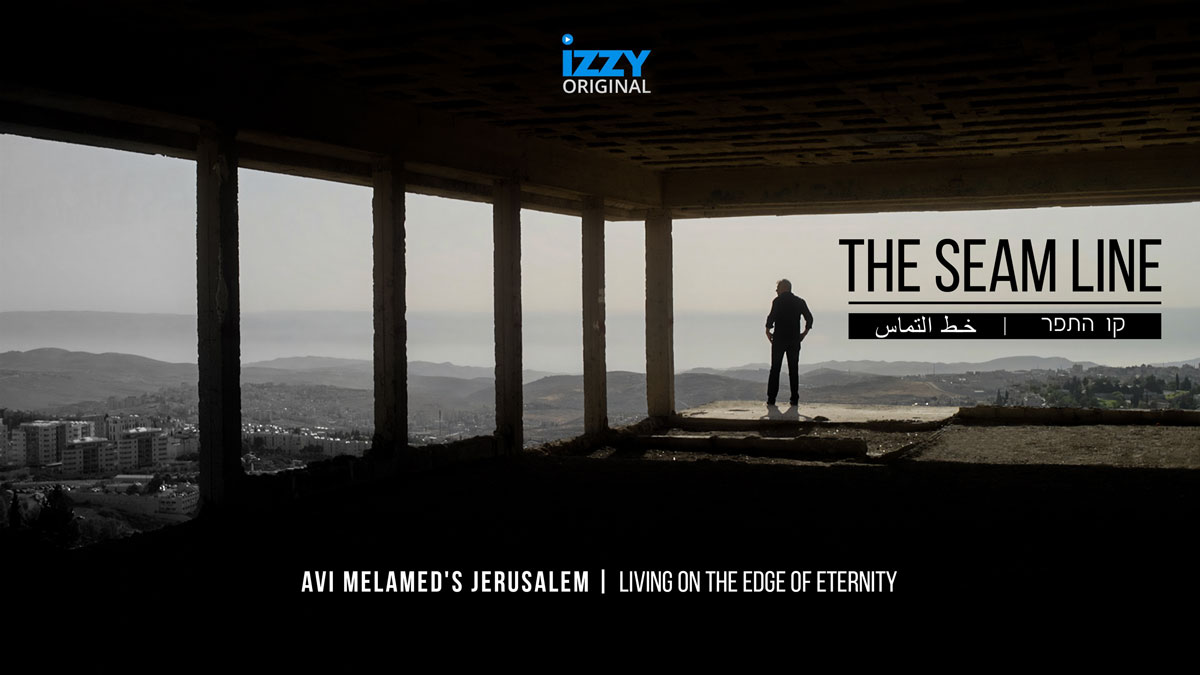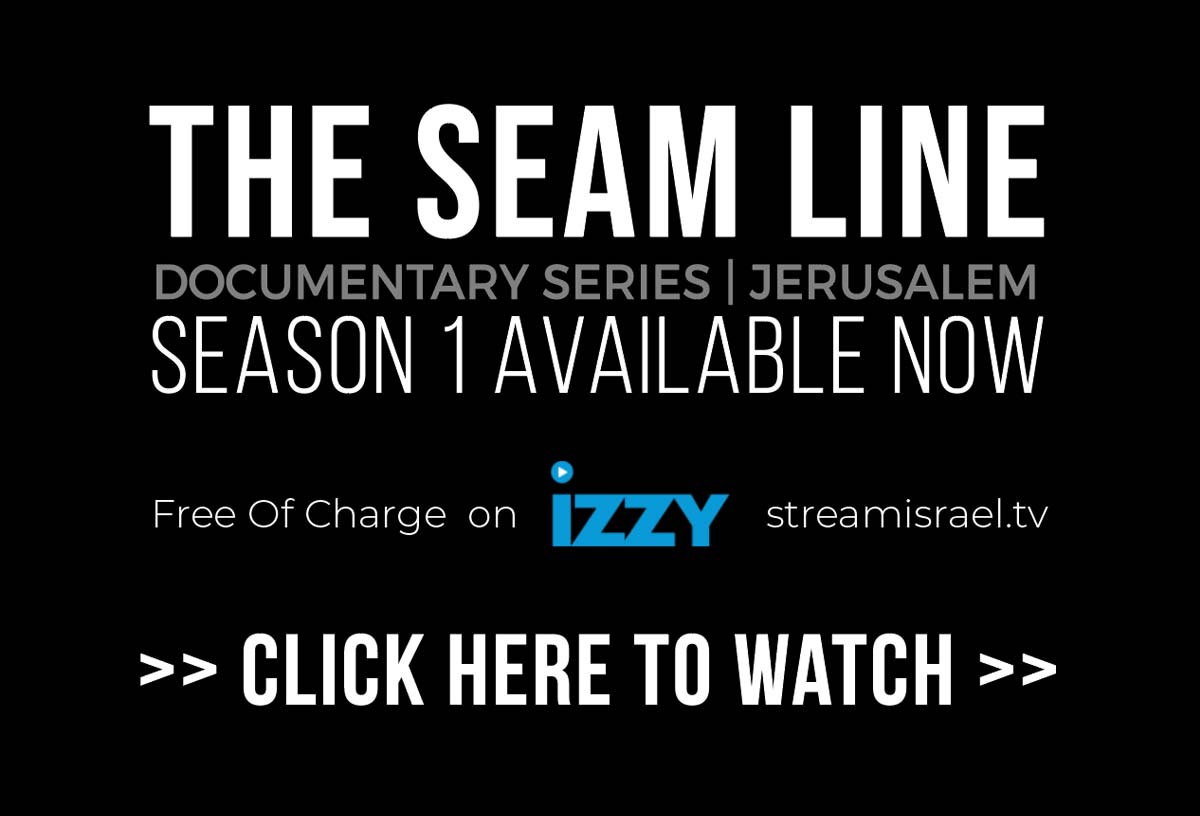|
Getting your Trinity Audio player ready...
|
Article by GREER FAY CASHMAN about the “Movers and shakers in Israeli society,” including a stort about the Event held at the Begin Center for the Screening of Avi Melamed’s docuseries on Jerusalem, The Seam Line. | Full article here in the Jerusalem Post.
Ordinarily, members of the audience at the screening of a documentary film may receive a brochure detailing the background to the film and the organization, production company, and director who made it, but rarely do they receive a gift that is both usable and ornamental. Yet everyone in the audience at the Begin Heritage Center in Jerusalem last week received an ornamental coffee cup which was made by the Arab company Abushakar, plus a NIS 10 Israeli chocolate coin encased in gold foil. It was more than a souvenir. It was a lesson in coexistence.
But even more than that, it was a lesson in how easily people become victims of misconceptions. The coffee cup is typical of those used throughout the Middle East. In the vernacular of the region, it is called a finjan. You might argue, a finjan is a small coffee pot in which what is often referred to as “Turkish coffee” is brewed.
When it was pointed out to a leading Israeli company that manufactures these coffee pots that it had been wrongly labeled, they were told that the company was aware of this, but because it is known so widely as a finjan in Israeli society, they saw no reason to correct the misconception.
The story is one of many that illustrate the challenges of changing false narratives. Not only Israel, but the whole region is bursting with false narratives. Some of them are obvious and others, like the finjan, are not because they have been repeated so often.
The coffee cup was used as an example after the screening of The Seam Line, a five-part documentary series conceived by Avi Melamed, a fourth-generation Jerusalemite, who is an educator, Middle East expert, and former intelligence official and advisor on Arab affairs during the Intifada – one of the most violent chapters in the city’s history.
An erudite speaker fluent of Hebrew, Arabic, and English, Melamed is the founder of Inside The Middle East and is familiar with a period in which Jerusalem was a model of coexistence, a time he would dearly love to restore.
Melamed has interviewed hundreds of Jews and Arabs to learn of their perspectives, and often these conversations have taken place over coffee served in a cup such as the one now in the homes of all the members of the audience who viewed the fascinating documentary.
Drinking thick coffee is a rich cultural and emotional experience in Arab society. Melamed believes that if Arabs and Jews have discussions with each other over coffee on a regular basis, they will learn to understand each other better and correct long-held misconceptions on both sides.
In addition to the film, he gave a short address, repeating some of the narration. The most important thing he said was: “Where a fence can be built, a bridge is also possible.”
Article by GREER FAY CASHMAN about the “Movers and shakers in Israeli society,” including a stort about the Event held at the Begin Center for the Screening of Avi Melamed’s docuseries on Jerusalem, The Seam Line. | Full article here in the Jerusalem Post.


If you want to have a better understanding of the news and what really drives the unfolding events…
Read the latest book by Avi Melamed,
INSIDE THE MIDDLE EAST | ENTERING A NEW ERA, available now >>>
Follow me on Twitter @AviMelamed; Facebook @InsideTheMiddleEast; for more Videos on YouTube https://www.youtube.com/c/AviMelamed
I can always be reached at Av*@********ed.com
































































